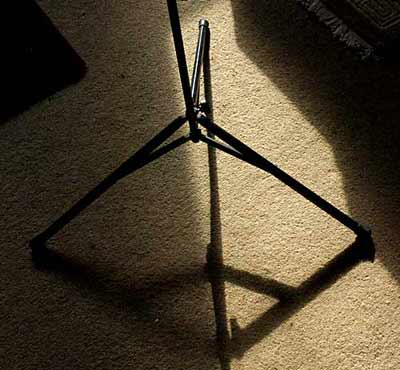Great piece by Robin Wilson on Open Democracy.
For thirty years the leadership of the IRA has managed to withstand everything – from internment without trial to Bloody Sunday to the blandishments of Tony Blair – the British state has thrown at it. Now, a vigorous campaign for justice by a group of five women from a tiny Catholic ghetto in east Belfast, Robert McCartney’s sisters, has the seven men of the IRA army council running around like headless chickens. In a second wonderful irony, their leading member Paula McCartney is a women’s studies student.
In a metaphorical sense, it is like the falling of the Berlin wall, when all the old political strategies became redundant overnight and the exponents of “newspeak” start to look shabby and discredited. Yet Blair (something of an expert in newspeak himself) continues to engage with Adams and McGuinness, via his private emissary Jonathan Powell, as if nothing had happened.
The government in Dublin, especially the justice minister Michael McDowell, has adopted a much stiffer, don’t-call-us-we’ll-call-you, stance. The Republican leaders, previously feted as peacemakers and statesmen, are finding doors slamming in their faces in Washington, even amidst the St Patrick’s Day schmaltz and shamrockry. The hitherto Sinn Féin-friendly Guardian has scuttled sharply away from its fellow-travelling op-ed pages; the Boston Globe has compared the IRA to the Mafia; and the Republicans’ strongest Congressional supporters, Peter King and Edward Kennedy, have advocated the IRA’s disbandment. In a third spectacular irony, it is the McCartney sisters (Paula, Catherine, Gemma, Claire and Donna), as well as Robert McCartney’s fiancée Bridgeen Hagans who are being welcomed to the White House while Adams is frozen out.



